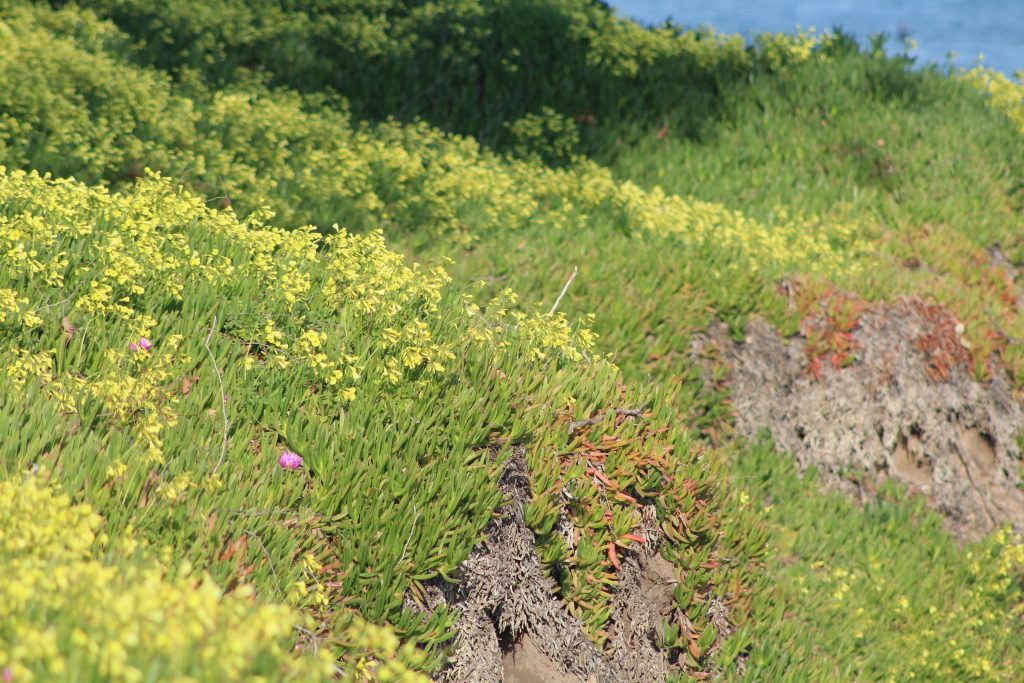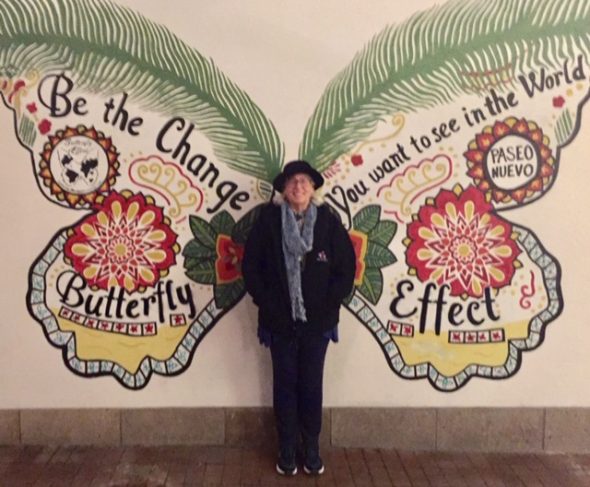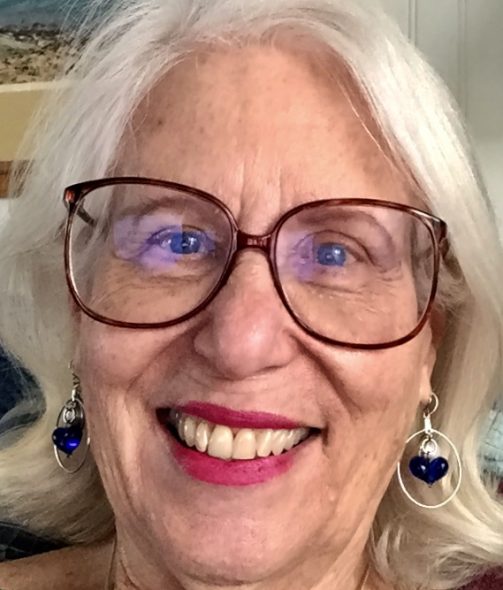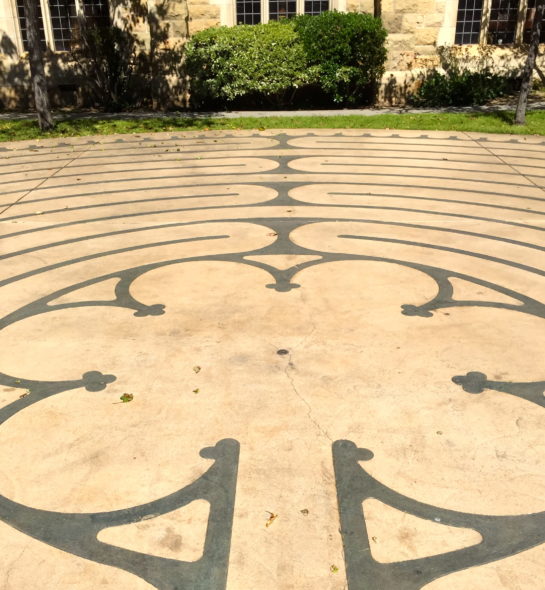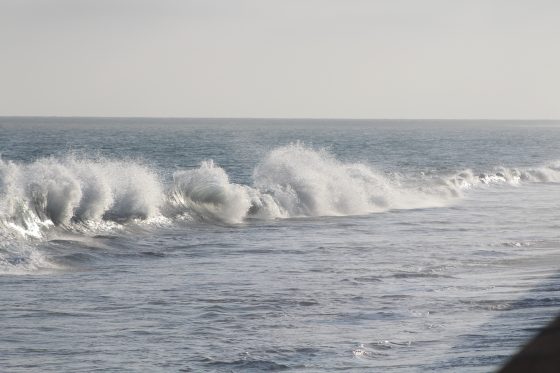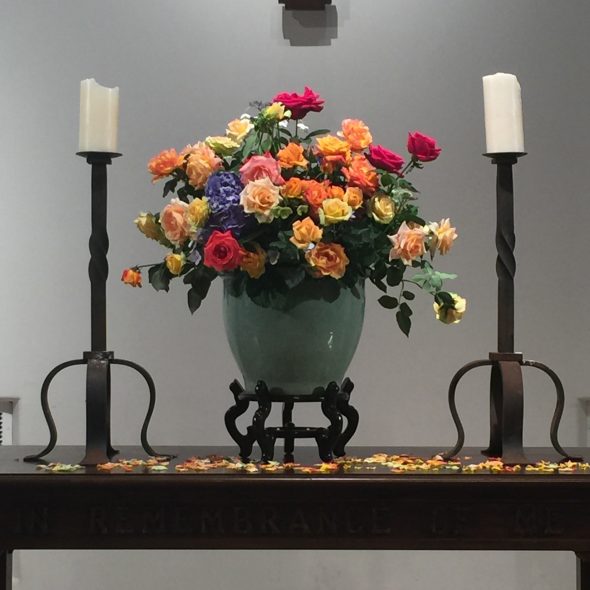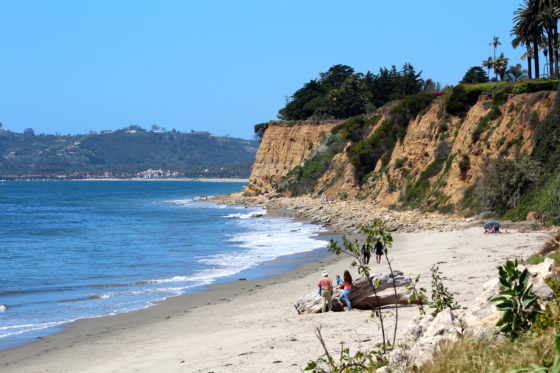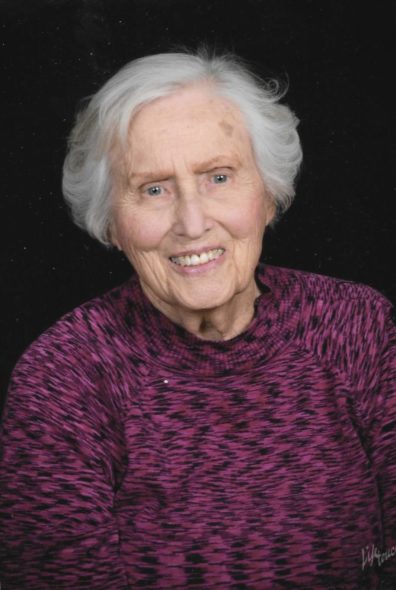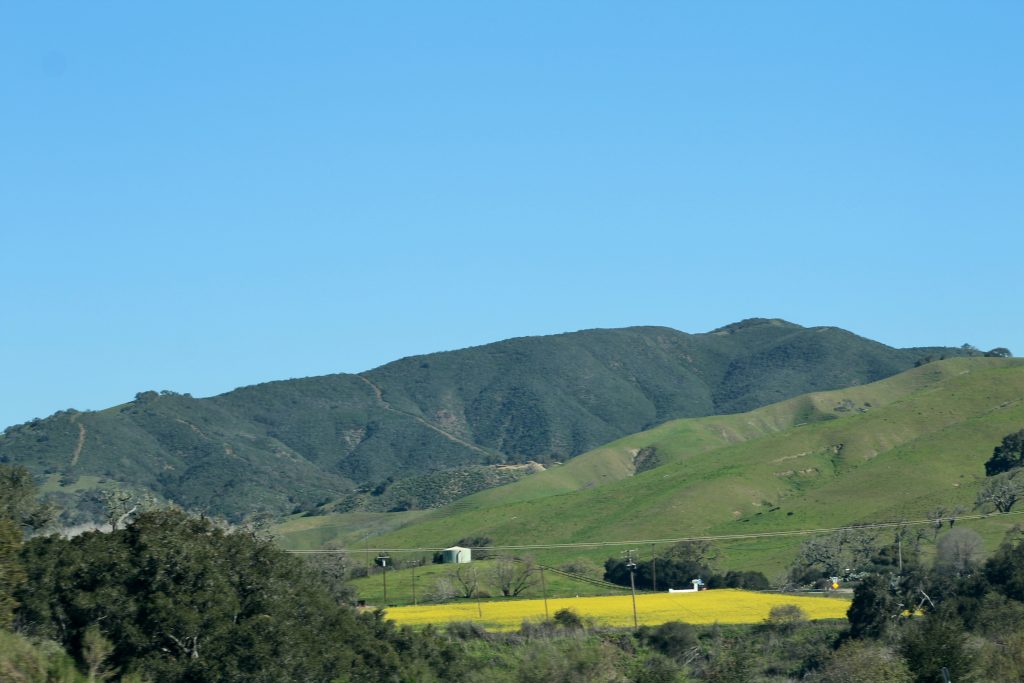
From time to time, I am asked to lead in our time of community prayer at Montecito Covenant Church, the community where my husband and I have been active for the last 23 years. Today was one of those days. The preaching passage was John 8:2-12 — the woman taken in adultery. I began with a reading from Isaiah . . .
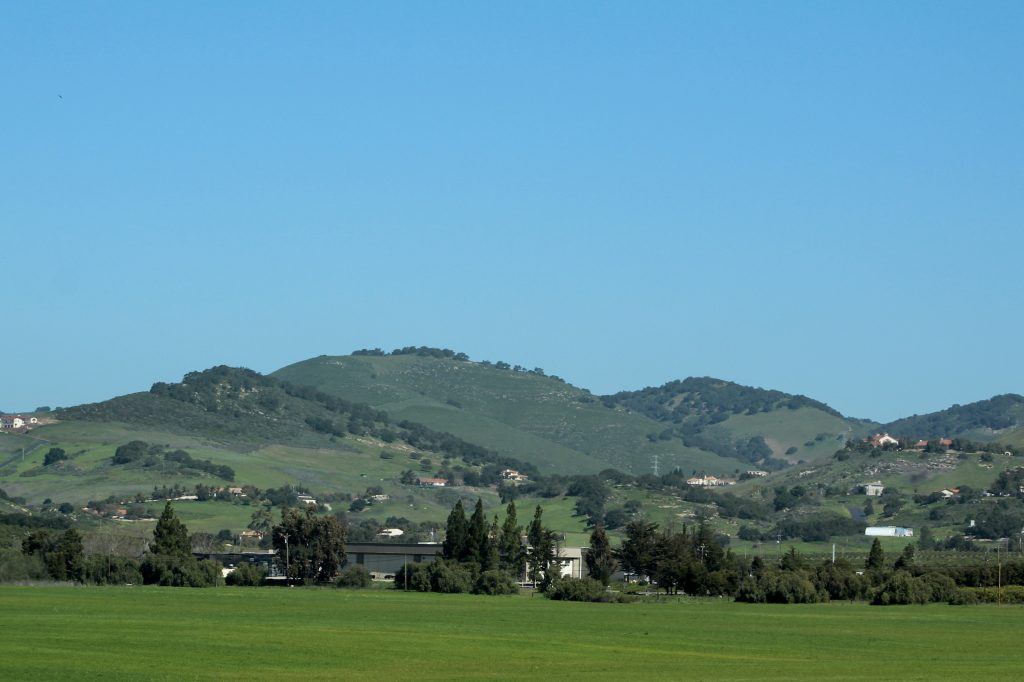
As we begin our time of community prayer today, I’d like to share with you a reading from the prophet Isaiah.
In at least one of the lectionaries used by the church over the last several hundred years, Isaiah’s words stand as a companion text to our primary preaching passage today. It happens to be one of my favorite passages and I think it might help us move into a time of corporate thanksgiving and praise this morning.
Hear the word of the Lord as it was given to the Prophet Isaiah, chapter 43, verses 16-21. I will be reading from The Message.
“This is
what God says,
the
God who builds a road right through
the ocean,
who
carves a path through pounding waves,
the
God who summons horses and
chariots and armies—
they
lie down and then can’t get up;
they’re
snuffed out like so many candles:
“Forget about what’s happened;
don’t keep going over old history.
Be alert, be present. I’m about to do
something brand-new.
It’s
bursting out! Don’t you see it?
There
it is!
I’m making a road through the desert, rivers in the badlands.
Wild animals will say ‘Thank you!’ —the coyotes and the buzzards—
Because I provided water in the desert, rivers through the sun-baked earth,
Drinking water for the people I chose, the people I made especially for myself, a people custom-made to praise me.”
The word of the Lord:Thanks be to God.
Let us pray:
We bring our praise to you, O God. To whom else shall we go? All of us here, gathered in this space — we are a people custom-made to praise you. And so we do!
We praise you for rivers of water in dry places, we praise you for majestic mountains and mighty oceans.We praise you for green, green, GREEN everywhere we look these days.
We remember all too well that it has not always been so. We have seen fire and flood, devastation and destruction. And yet . . . here it is — new growth on the hills of our city; the sounds of new construction going on where all has been washed away; and here in our sanctuary, the coos and cries of new life already in our midst and the promise of new life still to come.
So today, we pause to say,
“Thank you for doing a new thing in our city. Thank you for hope. Thank you for every single raindrop of our very wet winter. And thank you for the newness of spring as it blooms and blossoms across the landscapes of our lives.”
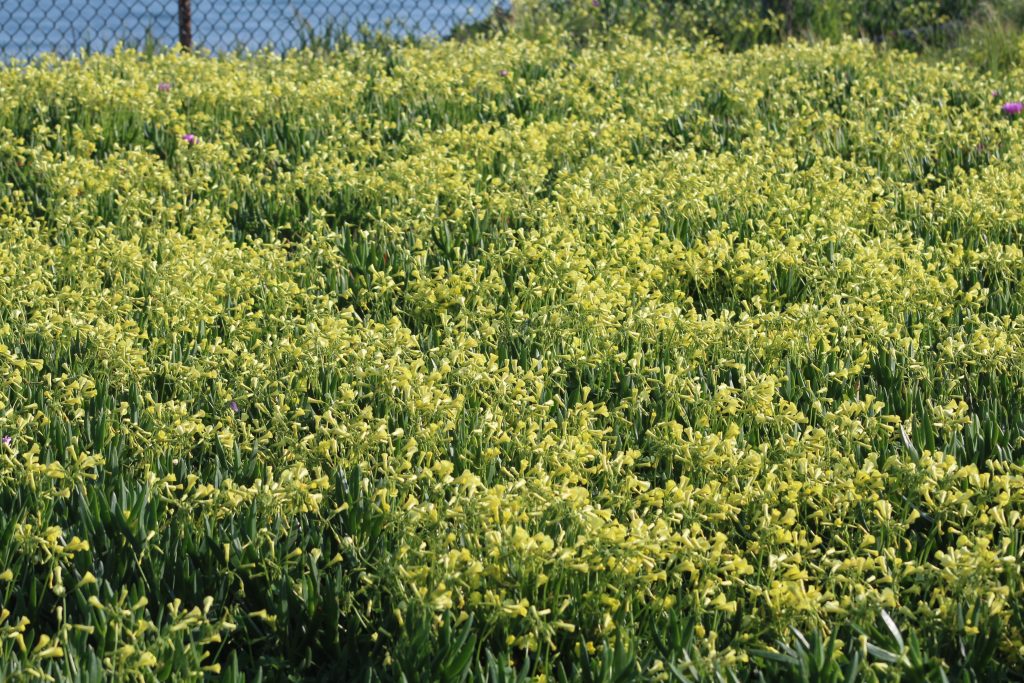
As we lean into the newness of nature, the color and the moisture and the sheen of things, will you give us eyes to see the newness you are creating within us, too?
Thank you that the rain of your mercy continually washes us clean and makes us new. Thank you that the mistakes of our past do not have to determine our future. Thank you that your grand gift of salvation means more than saying the right words or even believing the right things. Because we are always works-in-progress, aren’t we? Like a river moving through the barrenness of our hearts, your saving grace continuously makes us new. It’s not a once-and-done kinda deal, is it, Lord? We are always being saved. Thank you.
.Your friend Isaiah reminds us to let the past go. And he gives us the mandate to ‘be alert and to be present,’ ever on the lookout for what you’re up to, for your work of newness.
Thank you, thank you, thank you that you are not done with us, that you are not done with our world, that you are not done with gift-giving, with care-taking, with companionship. That you will never stop seeing us, knowing us, loving us, saving us.
We will admit to discouragement at times, Lord. It’s loud out there in the world. Ands sometimes it’s loud in here, too. Here in the church, and here in our hearts and in our minds. We find the noise exhausting some days. When that happens, Lord, will you help us to hear the lovely sounds of your river of life right in the middle of our own deserts?
Remind us of your goodness, your creative imagination, your awareness of our brokenness, your concern for our welfare. And then empower us to offer those same things to one another, will you, please?
We don’t want to be like those who come to throw stones and then turn away because of our own shame, because shame is never your idea, is it? No, it is not.
Your idea is always newness, your life-giving water poured into the driest parts of us, your encouragement spread across our discouragement, your grace triumphant over our shame.
Oh, thank you. Thank you.
Because of Jesus,
Amen.
